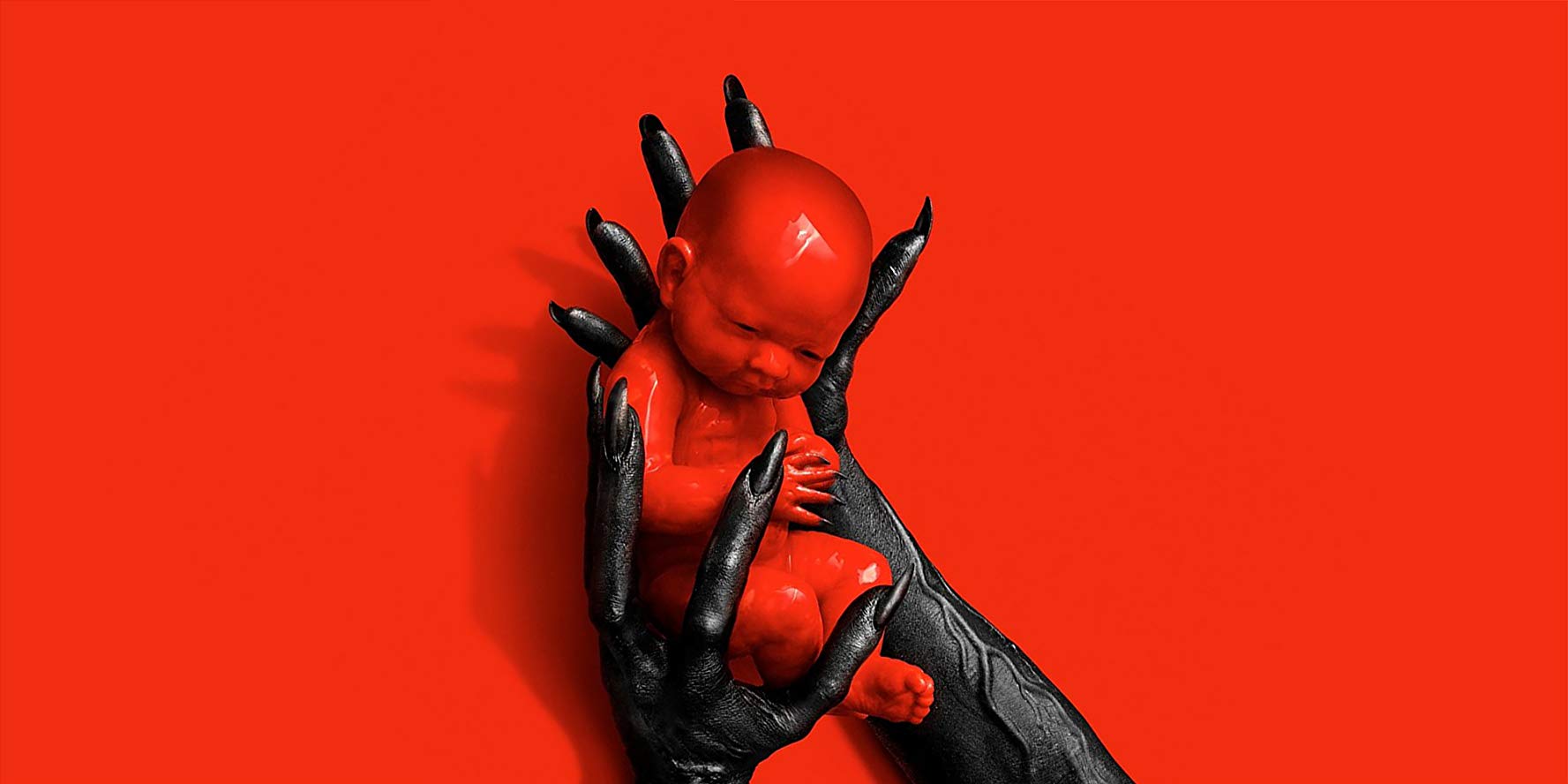
The End of Days: Has American Horror Reached its Final Chapter?
Written by: Bianca Garner, CC2K Staff Writer
American Horror Story is in its eighth season but has the show finally run its course? When Ryan Murphy announced his “American Horror Story” project back in 2010, it represented a shift in genre from his first major hit, Fox’s Glee. American Horror Story harked back to television’s early days, and as presented as a modern take on the anthology series where each season would tell a separate, self-contained story.
Up until American Horror Story: Apocalypse, the seasons have been stand-alone stories, isolated from the previous worlds visited in the other seasons. The show’s only recurring themes being the element of horror and the recurring actors who appear in each season. The eighth season changes that; revisiting the world from the very first season and populating it with characters from that season, as well as characters from AHS: Coven and AHS: Hotel. Already there are problems with this concept, with the viewer is expecting to recall the events of these 2 previous seasons and the complex relationships between certain characters. Murphy seems to enjoy creating larger-than-life scenarios and characters, but he seems to forget one of the most important aspect of storytelling, that less is more.

Breaking down American Horror Story; it is clear that Murphy isn’t a horror writer. This isn’t to say that Murphy is a bad writer; in fact his recent season of American Crime Story and Prose proves that he can weave together a very good narrative about indvidual’s on the outside of society. However, horror is not his strong point.
There are several elements that are required to build a strong and effective horror story. Firstly, a good horror story needs to create a sense of fear to unsettle the intended audience, making them believe they now fear something they may have not necessarily considered a threat before.
Murphy is aware of the power that installing fear has, but his execution is sloppy. He doesn’t quite know how to build up on this element. Suspense goes hand-in-hand with fear, but often Murphy rushes to deliver the reveal and the plot twist. When writing a horror story, the element of suspense is vital; it is that feeling of waiting for something to happen which makes the viewing experience unbearable. Murphy did achieve this to some extent with AHS: Murder House and AHS: Asylum, where the use of the confined space and setting helped to build a sense of cabin fever, like a simmering pot ready to boil over. However, as the settings in American Horror Story began to grow, that feeling of claustrophobia disappeared and Murphy’s ambition seemed to get out of hand.

Murphy also relies heavily of stereotypes and clichéd character traits. Take the most recent season’s list of characters: Leslie Grossman plays a bitchy socialite named Coco, Evan Peters plays a camp hairdresser, Mr. Gallant, and Billie Lourd plays Coco’s downtrodden assistant Mallory. None of these characters seem very fleshed out or developed.
More importantly, Murphy struggles to make his characters likeable. Of course, this isn’t to say audiences can’t connect with unlikable characters. However, it is a struggle to care for some, especially if they’re as annoying as Grossman’s Coco. Murphy relishes creating monstrous characters whether they be Jessica Lange’s Constance Langdon, Lily Rabe’s Sister Mary Eunice McKee or Finn Wittrock’s Dandy Mott, and each of these characters are delightfully deranged.
However, the heroes of the American Horror Story universe, are forgettable. To name a few: Sarah Paulson’s Lana Winters, Wes Bentley’s Det. John Lowe and Cuba Gooding Jr.’s Matt Miller. The writer needs analyze the hero in a holistic manner by paying special attention to the interplay of both positive and negative traits. To some extent; the main characters of a text are meant to be strong role models for the viewer as they rise above their own negative traits or weaknesses and overcome personal challenges. Many of the characters in Murphy’s American Horror Stories, seem caught up in their own selfish needs, and as a result they never overcome their weaknesses. If the viewer isn’t able to connect with the main character, then why should it matter if they survive or not?

